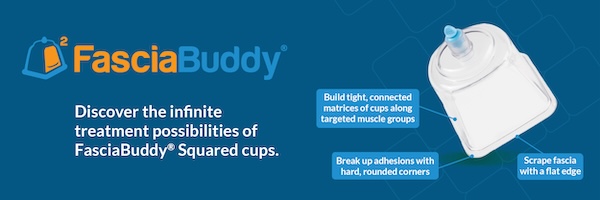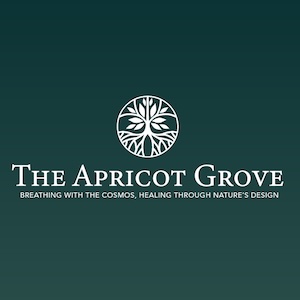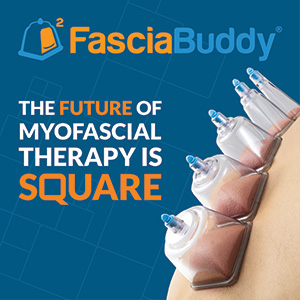The principles of Chinese medicine, with its focus on balance and harmony, have long offered effective treatment methods for respiratory disorders, by both fighting pathogenic influence and by allowing the essence of health to flow freely. Our treatment modalities are steeped in time-tested methods and in experience carried forward from one generation to the next.
Our experience of the past three years has revealed gaps in our knowledge, fractures in our social fabric and the influence of toxic social media. It’s been a pandemic that has not only affected our bodies, but our minds as well.
In this conversation with Beau Anderson, we look at long Covid through the lenses of Western and East Asian medicine, discuss the flexibility and adaptability of Chinese medicine for systemic disorders like long Covid, and the shortcomings of attempting to validate the ancient healing practice using modern scientific methodologies. We also explore possible ways of harnessing and positioning our medicine for the future.
Listen into this discussion on the state of long Covid research, including where we’ve been, what lies ahead of us, and the role of East Asian medicine in navigating the terrain.
In This Conversation We Discuss:
- A molecular biologist’s fascination with East Asian medicine.
- A harmony of differences: the contrasts and similarities of Western and East Asian medicine.
- Measuring the unseen: The issue with attempting to validate acupuncture using Western scientific methodologies.
- The history and application of Chinese herbal medicine for respiratory disorders.
- Understanding pragmatic research philosophy and the flaws of randomized controlled trials.
- Where are we now with long Covid and how can we use our medicine to go after it?
- Planting acupuncture into the ecosystem of medicine in the modern world.
The clinical research on acupuncture has shown that the benefits associated with acupuncture are more than just the needles. There are many therapeutic components associated with the complex intervention we call acupuncture. Of course there are the other interventions – cupping, tui na, moxa etc. But the ones we may think are less important, like the relationships we develop with our patients, and the relaxation and time for introspection that we create for our patients, are equally as important to the deep and lasting therapeutic benefits of acupuncture therapy. Our capacity to be a healing presence for our patients involves everything we do and starts from the very first moment of interaction.
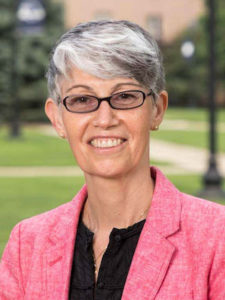
I am Associate Dean and Professor at Pace University, NYC, in the College of Health Professions, Associate Clinical Professor at Albert Einstein College of Medicine, and Research Professor at Pacific College of Health and Science. Recent areas of research include acupuncture clinical trials, applying research to clinical practice, and the use of East Asian medicine for COVID-19.
I served on the NIH National Advisory Council for Complementary and Integrative Health from 2018 to 2021 and am Deputy Editor for Explore: The Journal of Science and Healing. I am a licensed acupuncturist and certified Chinese herbalist and work in the practice of Lara Rosenthal in NYC. Our focus is women’s health and fertility, with a special interest in the use of East Asian medicine to improve in vitro fertilization outcomes.
Subscribe To This Podcast In Your Favourite Player
Share this podcast with your friends!
Shop Talk with Michelle Grasek
Target Marketing Helps You and Your Patients
In today’s Shop Talk segment, Michelle Grasek, acupuncturist and marketing strategist, walks you through how target market and copywriting intersect to create great marketing.
Target market often gets a bad reputation for being a theoretical exercise without practical application. But in reality, it offers powerful insights that can make your marketing much more compelling.
She also addresses frequently asked questions that she gets from marketing students and clients, including, “What if I do this wrong?” and “What if I scare away patients by niching down and getting too specific with my marketing message?
Her goal is to help you see the positive impact that identifying your target market can have on your copywriting, and show you how to apply it in real life to make your marketing more effective.
If you still need help with your target market and putting it into practice, Michelle teaches an online course called Acupuncture Marketing School where she walks you through these concepts step by step. The ultimate goal is for you to get more patients, and the class helps you do that through creating a strong, clear brand and a marketing strategy tailored to your ideal patients.
Take a look at Acupuncture Marketing School and use the discount code QIOLOGICAL200 to save $200.
You’re welcome to email Michelle with questions – michelle@michellegrasek.com
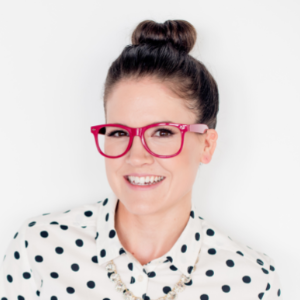 Hi there, I’m Michelle! I’m the host of the Acupuncture Marketing School podcast. I’m a practicing acupuncturist and marketing strategist and I’ve been teaching marketing, both online and in-person, for 9 years. In that time, I’ve taught marketing to over 3,500 acupuncturists. It’s my mission to help you grow your business using marketing techniques that are genuine and generous.
Hi there, I’m Michelle! I’m the host of the Acupuncture Marketing School podcast. I’m a practicing acupuncturist and marketing strategist and I’ve been teaching marketing, both online and in-person, for 9 years. In that time, I’ve taught marketing to over 3,500 acupuncturists. It’s my mission to help you grow your business using marketing techniques that are genuine and generous.
Through my articles and online PDA courses, I aim to help you outline a strategy, focus on marketing that’s authentic, and get new patients every week. I share all of my practice-building tips at michellegrasek.com and on social media @michellegrasek.






